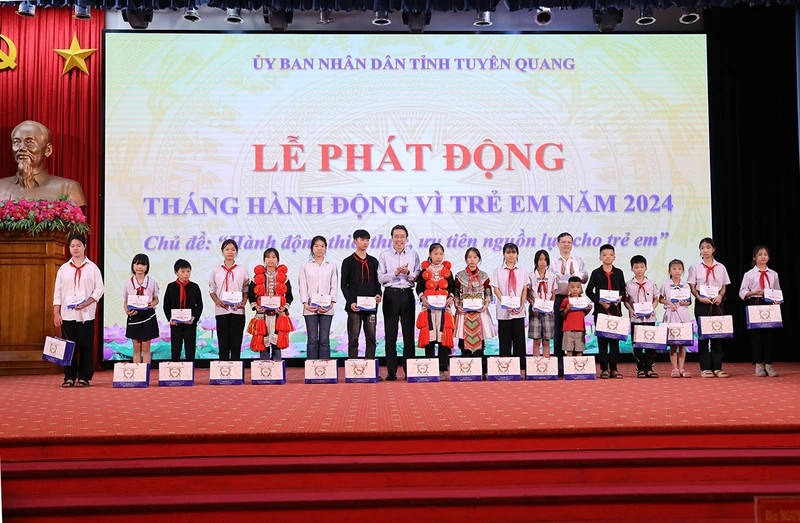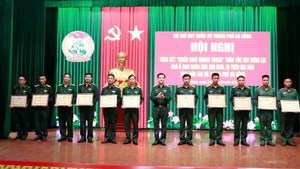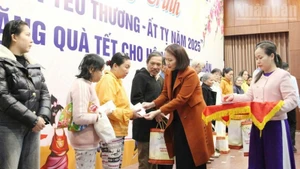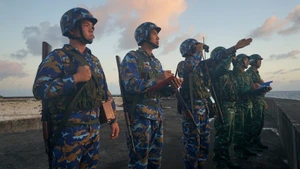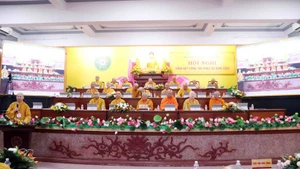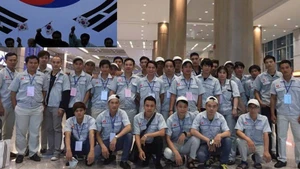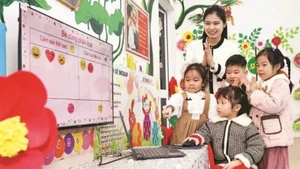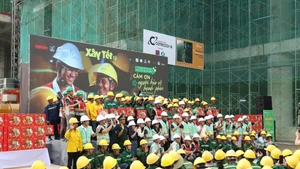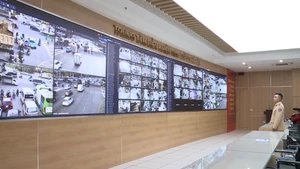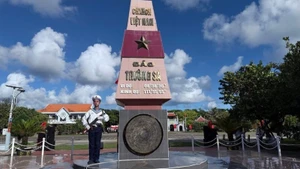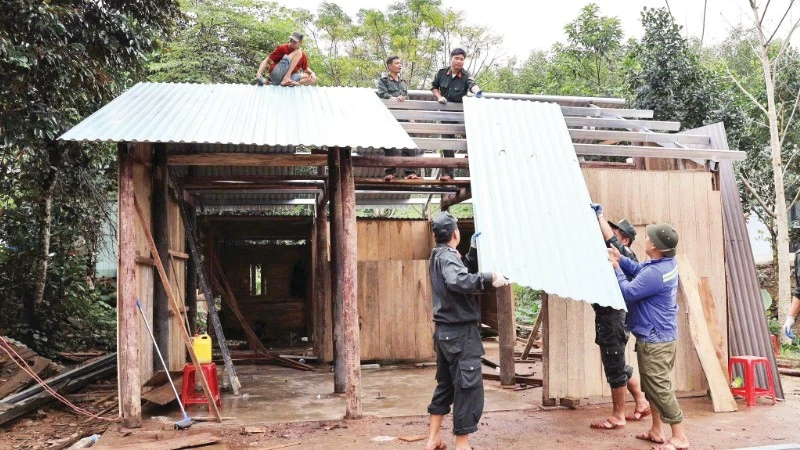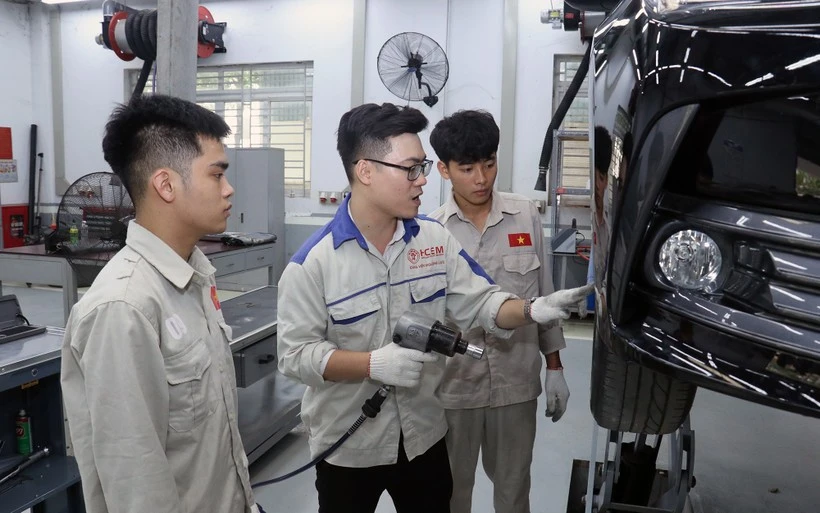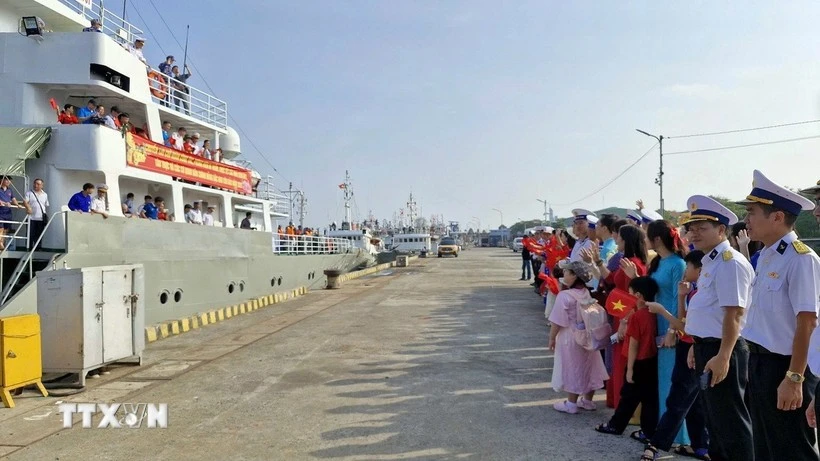All levels, branches, localities, social organisations, unions and people always pay attention, invest and take care of the education, protection and health care of children, especially for needy children, children living in extremely difficult circumstances, children with disabilities, and orphans.
A worrying issue is that the strong development of online social platforms has made the protection of children in the online environment even more difficult, as there are not enough tools and measures to handle harmful and inappropriate content for children in the online environment, especially with foreign platforms.
Every year, the National Children’s Forum is held with different topics and this is also an activity for children’s representatives to express their opinions and aspirations on issues related to children, in the spirit of respecting, listening, and responding to children's opinions and wishes, not discriminating and ensuring the best interests of children in related decisions.
However, children's work still has some limitations, inadequacies and challenges, such as the complicated situation of kidnapping and child abuse; with many potential risks increasing child abuse. The rate of children drowning is still high; as well as numerous cases of children getting food poisoning.
The library network and cultural and sports institutions have also been uneven across regions, mainly concentrated in large urban areas and district centres; facilities in cultural and sports institutional systems in many localities are old and degraded and do not attract people and children to participate. State management human resources for implementing children's rights and providing child protection services in many localities are lacking and weak, especially at the commune level. Many localities allocated low budgets for children's work through the labour, war invalids and social affairs sector, which does not meet the minimum requirements for implementing the sector's children-related tasks.
This year's Action Month for Children has the theme “Practical action, prioritising resources for children”, and aims to continue communication to raise awareness of all levels and sectors on the implementation of Directive No. 28 -CT/TW dated December 25, 2023, of the Politburo on strengthening the care, education and protection of children to meet the requirements of developing a prosperous and happy country.
Accordingly, all levels, sectors and localities focus on directing and prioritising resources to ensure the implementation of children's rights and solve children's problems, thereby mobilising society to implement the “All people care for, educate and protect children” movement, support each commune to have a project for children built or upgraded; each union member, member of socio-political organisations and social organisations has a practical action for children.
It can be seen that the practical action is that every person, every family, every organisation, every agency, unit, and business needs to promote responsibility, act with specific actions, and devote resources to their children in particular and children in general.
Localities, relevant agencies and units, when developing specific plans to implement and respond to the Month of Action for Children in 2024, need to allocate funds for children's work, and at the same time mobilise and direct organisations, unions and associations at all levels to have practical works and tasks for children, and replicate movements, models and initiatives to care for, educate and protect children.
Prioritising resources for children also means prioritising human resources and funding in this field. Accordingly, it is necessary to strengthen the organisation of the state management apparatus for children in a streamlined and effective direction; promote decentralisation; and improve the capacity, ethics, and responsibility of staff working with children, social workers, and collaborators in the community.
Funding for children's work must ensure the leading role of the state budget and reasonable allocation of resources in policy implementation; increase investment in facilities, welfare projects, provision of social services, health services, education, recreation, entertainment, cultural activities, arts, physical education and sports for children, especially in difficult and extremely difficult socio-economic areas, ethnic minority areas, border, sea, and island areas.
